General Motors Looks to Make Long-Range EV Batteries With MIT Spinoff SolidEnergy Systems
【Summary】While first-gen Ultium batteries aren’t even being offered in electric cars yet, General Motors is looking at working on its next-gen Ultium batteries by addressing issues with cost and energy density.
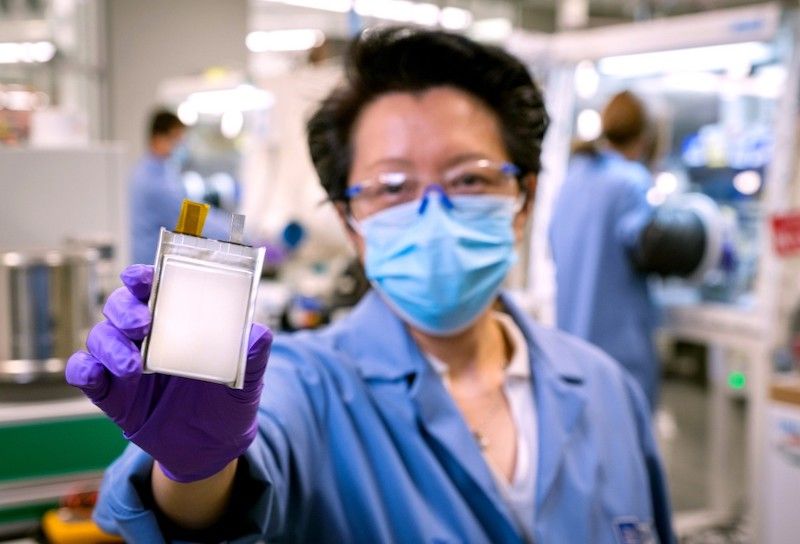
Nearly every single automaker, besides Tesla, has been too slow to introduce electric cars. So, while Tesla has a vehicle that has an estimated range of up to 520 miles, everyone else is hanging around in the 300-mile mark. Now, everyone's playing catchup. And when you're this far behind the competition, you really have to think far ahead. Case in point, General Motors doesn't have an electric car on sale that has its Ultium batteries, but the American automaker is already looking to work on its next-gen Ultium batteries.
Next-Gen Batteries In The Works
Earlier this week, GM announced a new joint venture with SolidEnergy Systems (SES), which is a Massachusetts Institute of Technology spinoff company that specializes in developing lithium metal batteries. This isn't a new partnership, as GM has been investing in SES for roughly six years. The recent announcement reveals that the two companies are taking things to a new level, as they plan to build a new manufacturing line in Massachusetts to manufacture prototype batteries for GM.
According to GM President Mark Reuss, the batteries that the two companies will develop will help the automaker come out with EVs that are more affordable and offer higher levels of performance. The batteries are expected to make up GM's next-gen set of Ultium batteries, which are expected to come out in the middle of the decade.
"Affordability and range are two major barriers to mass EV adoption," said Reuss. "With this next-generation Ultium chemistry, we believe we're on the cusp of a once-in-a-generation improvement in energy density and cost. There's even more room to improve in both categories, and we intend to innovate faster than any other company in this space."
Initial Prototypes Look Promising
Initial prototype batteries that GM has developed with SES have had promising results. The companies have completed 150,000 simulated test miles at research labs, which shows a lot of promise for real-world application.
"Because of the high energy density of lithium metal, it delivers a significantly longer driving range than today's EV batteries. Our Li-Metal batteries charge quickly, too — up to 80% of battery capacity in just 15 minutes," said Qichao Hu, SolidEnergy Systems CEO. "Our technology makes these features available at an accessible price by enabling production using traditional lithium-ion manufacturing infrastructure. It's very cost-effective and suited for large-scale production."
SES has developed an "anode-free" lithium metal battery that is twice as dense as comparable lithium-ion batteries in today's market. The batteries weigh less and take up less space, which could translate to lightweight vehicles that have more batteries. The result means more range. Reuss is targeting around 500 to 600 miles with these next-gen batteries.
This is the kind of thing that GM needs if it wants to be a real competitor to Tesla. The automaker has put a lot of effort into making lithium-ion batteries, as GM currently has 49 patents that are related to the piece of tech with an additional 45 that are pending. Batteries are the next battleground for automakers, as more look to get an edge on one another.
-

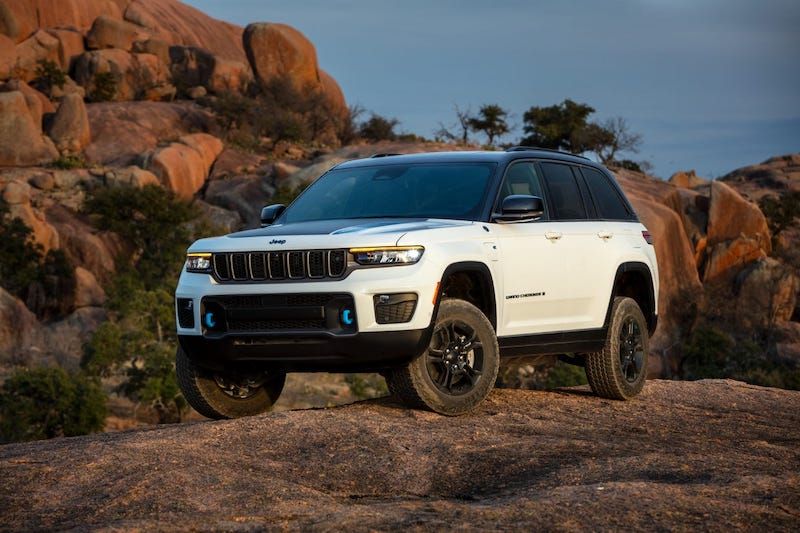
2023 Jeep Grand Cherokee Trailhawk Now PHEV Only
-

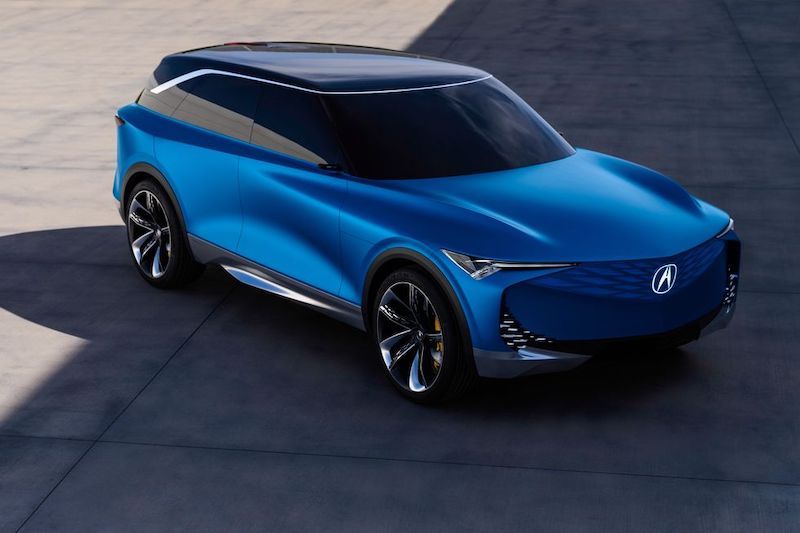
Acura Prevision EV Concept Previews Brand’s Electric Future
-


Hyundai Gets Serious About Electric Performance Cars, Shows off Two Concepts
-

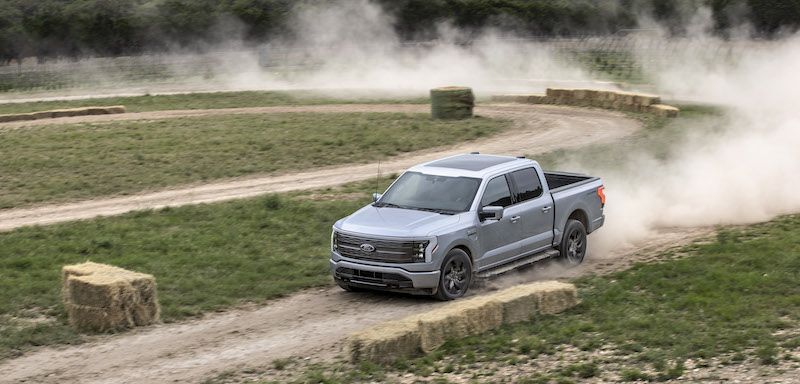
Ford Looks to Have 100% of EV Sales Be Online
-


Volkswagen CEO Believes It Will Overtake Tesla in EV Sales by 2025
-

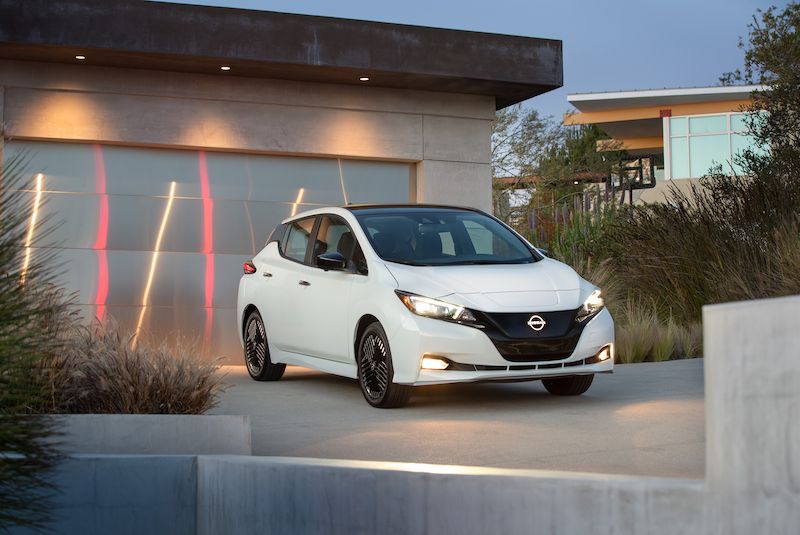
Report Claims Nissan Leaf Will Be Discontinued by 2025
-


Autonomous Vehicles Will Require Cities to Change Their Transportation Methods
-

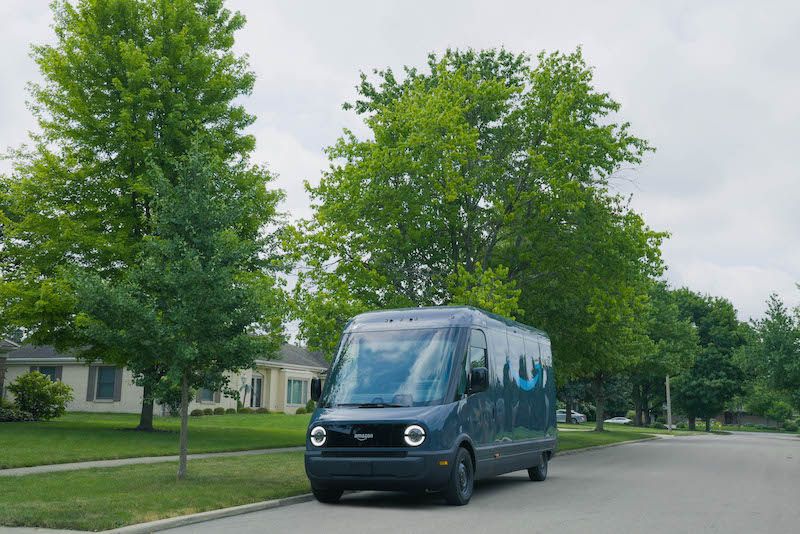
Rivian, Mercedes-Benz Partner to Produce Electric Commercial Vans
- Construction of Panasonic’s New EV Battery Factory in Kansas to Start in November
- Electric Automaker XPeng and Bosch Join the ‘ELISA Project’ to Promote the Use of Linux in Safety-Critical Automotive Applications
- Electric Automaker Lucid Group Unveils the Lower Priced Air Pure and Air Touring Models
- Automotive Supplier MAHLE Developed a Superior Continuous Torque (SCT) Electric Vehicle Motor That Can Run ‘Indefinitely’
- US-listed LiDAR Developers Velodyne and Ouster to Merge in an All-Stock Deal
- Toyota’s New ‘Intelligent Assistant’ Learns Voice Commands and Gets Smarter Over Time Using Machine Learning
- China Has Installed Around 4.7 Million Electric Vehicle Charging Poles as of October 2022
- Qualcomm and its Industry Partners Demonstrate C-V2X Technology in Georgia That Ensures School Buses and Fire Trucks Never Get Stuck at Red Lights
- Ford Reportedly Dropping 2024 Mustang Hybrid
- Volkswagen’s Software Unit CARIAD Selects Innoviz as its Direct Lidar Supplier for the Automaker's Future Software-Defined Vehicles











 About Us
About Us Contact Us
Contact Us Careers
Careers